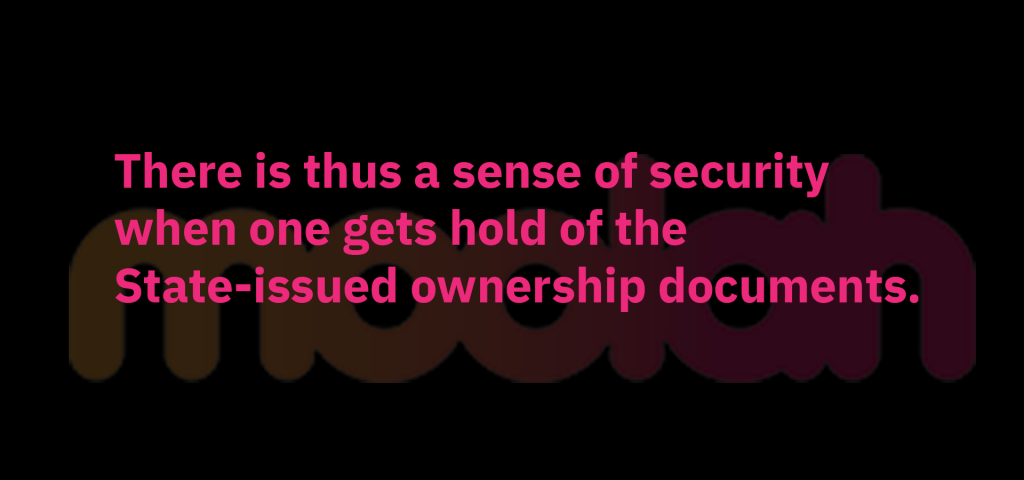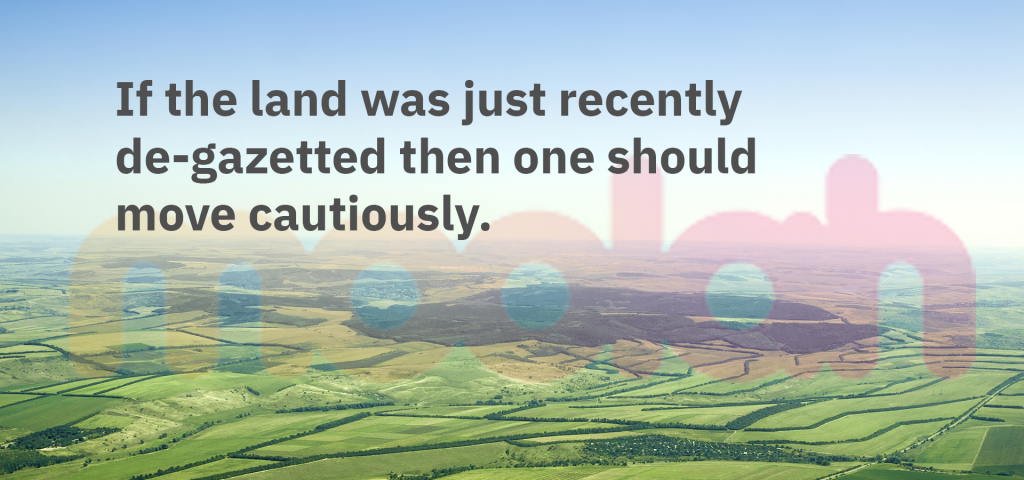Look before you trust the title deed
What exactly should one do to avoid falling into an investment black hole when buying property?
More than 800 homes in Langata are facing demolition after the Kenya Forest Service indicated last week that they sit on land that was illegally hived off from Ngong Forest.
The announcement by the forest service is yet to be followed up by action, and the debate is still on as to whether the forest land will now be repossessed, but it has brought up an interesting precedent for property investors.
This is because owning a home in urban areas is a long journey in which the State is of necessity involved.
Whether one is buying a house or building from the foundation, the national and the county governments have to be involved in approving the building plan or issuing the title deed or allotment letter.
Where a financial services provider is involved, it makes an independent inquiry as to the validity of the documents provided, with surveyors, valuers, and lawyers involved in the process of due diligence.
There is thus a sense of security when one gets hold of the State-issued ownership documents.

In many instances, the properties are jointly owned with banks or savings and credit cooperatives up until one completes the repayment of their loans and mortgages.
With the Government keen on demolition of structures built on road reserves, riparian land, and land set aside for services such as sewerage in Ruai, Kariobangi, and airport land in Syokimau, the veracity of State-issued documents has come into question.
The question that begs for most homeowners is: What exactly should one do to avoid falling into an investment black hole when buying property?
We have put together a quick common sense approach to property ownership.

If the answer to any of the above is yes, then additional due diligence on the property must be carried out. One may even need to go back to a historical search of what the initial development plans were for the area.
In several of the disputed properties, it is not in dispute that ownership documents were issued by the State. Since one can no longer be sure about the documents they have safely locked away it now boils down to three things when analyzing title documents; the who, the when, and the how of documents issued.
If the land was just recently de-gazetted then one should move cautiously. In the debate over the Ngong Forest lands, for instance, 1978 is considered recent.

Further, regarding the when, the who and the how, it is apparent that the government in power does not take responsibility for the acts of previous regimes, which means that you are only safe as long as the government of the day is willing to vouch for your ownership documents.
All the above seems like a hectic maze but it is better to be safe than sorry and hope that one day we can all be confident in the government issued ownership documents we have.
